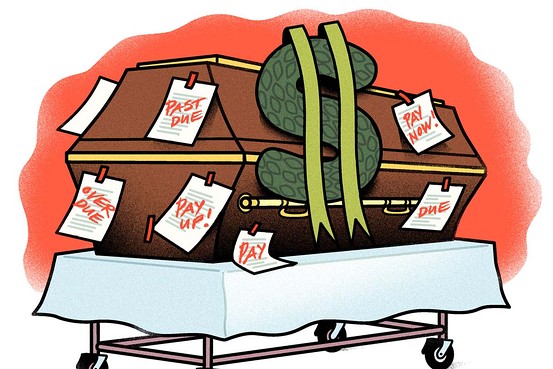WHAT TO DO WHEN THERE ARE MORE DEBTS THAN ASSETS IN AN ESTATE
What does an executor do if the debts of the estate exceed the assets?
First of all, the executor (estate trustee) is not required to assume the executor role. Dealing with an insolvent estate can be complicated and time consuming. However, many estate trustees (executors) named in a Will seem reluctant to not tie up the loose ends of their loved one.
If the executor decides to assume the estate administration responsibility, they will gather in the estate assets in the usual way. Since there is not enough to go around, the estate trustee will need to secure the agreement of all creditors to the proposed distribution. It can be difficult to get all creditors to agree. In fact, it is not uncommon for some of the creditors to not respond at all to a proposal. In that case, the executor (estate trustee) may bring a Court Application for an order Giving Directions that sets out the amounts to be paid to each creditor and whether or not any of them have priority over the others.
In some cases a creditor of an insolvent estate may force the estate into bankruptcy. At that point the Trustee in Bankruptcy takes over the administration of the estate. If an executor has acted for the estate prior to the bankruptcy, they can present their claim for executor’s compensation to the Trustee in Bankruptcy.
CONTACT US
Feel free to contact us at any point for assistance or advice with respect to Estate Law, Estate Planning, Estate Administration or Estate Litigation. We may be reached at 705-435-4339 / 1-877-85LEGAL (1-877-855-3425) or contact us via email.


